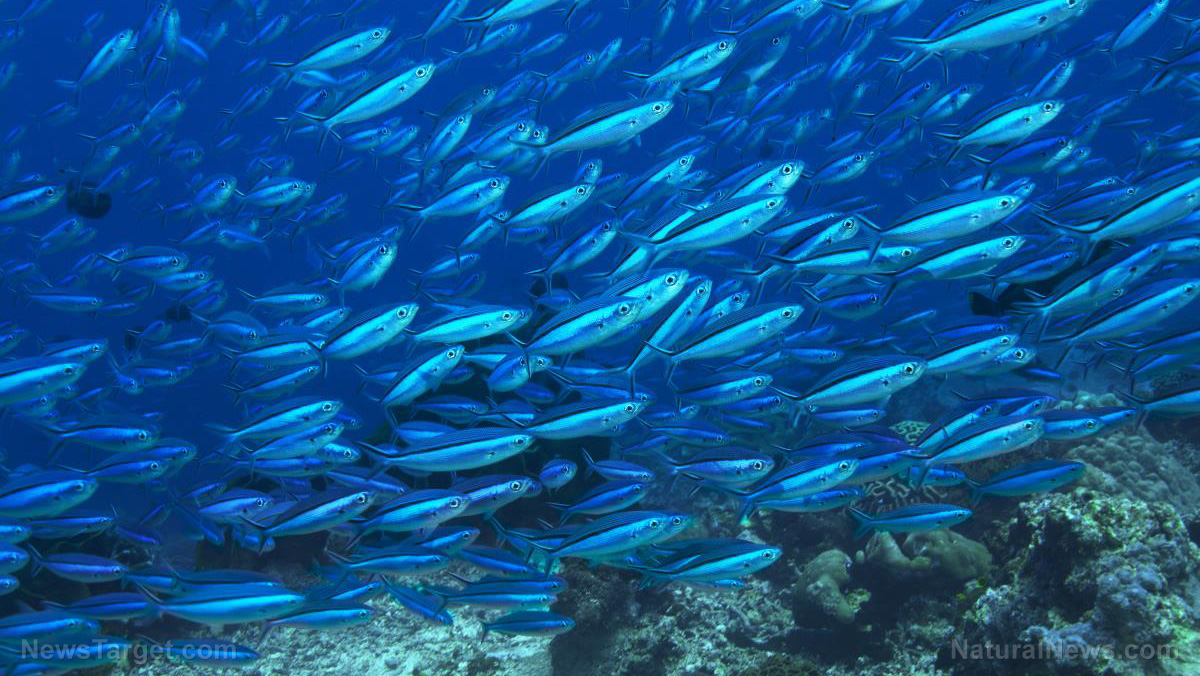Reduced oxygen levels in ocean water impact marine species’ development, could threaten our food supply
04/19/2018 / By Jessica Dolores

A recent study made by scientists from the University of Plymouth revealed that young marine creatures who grow in areas with a low oxygen supply do not develop as fully as they should. They can hardly control their oxygen uptake and are far smaller than other creatures who grew up in areas with adequate oxygen supply.
Dr. Manuela Truebano, a lecturer on Marine Molecular Biological from the University’s Marine Biology and Ecology Research Centre, studied brackishwater amphipods which are found in large numbers throughout the sea to find out how oxygen levels in the ocean affect marine life. She and her team exposed the adult amphipods to lower oxygen levels in marine coastal regions for a week and checked their response. Adult amphipods taken from the wild and tested in the laboratory maintained their levels of oxygen uptake when exposed to moderate oxygen deficiency, but the offspring of these amphipods did not fare as well in low oxygen environments.
The team concluded that their research exposes the dangers of current environment pollution levels — particularly on how sustainable our food supply will be over the next decade. It is hypothesized that our increasing lack of care on water health has limited the oxygen supply of marine species. This could also disrupt ecological balance and the all-important food chain.
You don’t have to wait until this happens. You can take steps to save marine life. Here’s how:
- Consume only eco-friendly fish — If you love seafood, eat the ones that come from a large population. Go for those that don’t threaten the environment each time they’re harvested.
- Avoid plastic, disposables, and single-use products — Plastic lingers for hundreds of years, and can be dangerous to wildlife. They can release toxins into the environment. Stop using plastic and go for recyclable bags instead. Never leave garbage by the shore. Use things with minimal packaging and stay away from disposable items.
- Stop ocean acidification — Rising acidity levels in the oceans harm marine life, including plankton, corals and shellfish, and the animals that eat them. Do your share by leaving the car at home. Turn off the lights and electrical appliances when you don’t need them. Save water. Reduce your ?carbon footprint.
- Junk balloons — These may be nice to look at, especially for children. But they endanger sea turtles, who can mistake them for food and swallow them by accident. Marine life can also get tangled up in balloon strings. If you must use balloons, pop them and throw them into the garbage can instead of releasing them.
We are stewards of the Earth. Let’s take our role seriously and do our job well. See Environ.news for more news coverage of environmental issues.
Sources include:
Submit a correction >>
Tagged Under:
This article may contain statements that reflect the opinion of the author





















